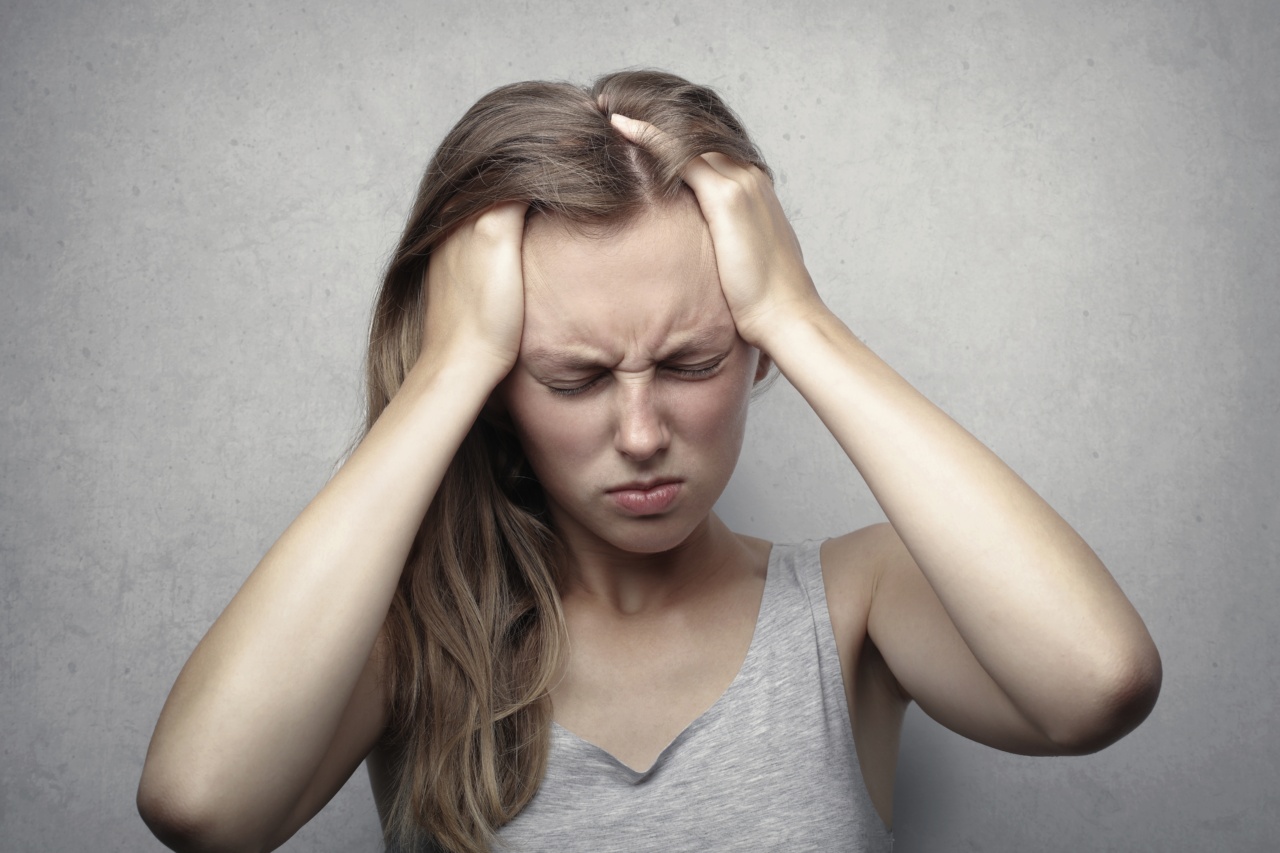Depression is a mental disorder that affects millions of people worldwide. It’s not just feeling sad or down; it’s a complex illness that can impact every aspect of a person’s life.
Depression affects how a person thinks, feels, and behaves, and it can be debilitating. In this article, we will discuss what depression is, the symptoms of depression, the causes of depression, and the treatment options available for people living with depression.
What is depression?
Depression is a mood disorder that causes persistent feelings of sadness, loss of interest in activities, and a lack of motivation. It’s not a sign of weakness or a character flaw; it’s a medical condition that requires treatment.
Depression can vary in severity, from mild to severe, and can last for weeks, months, or years.
What are the symptoms of depression?
The symptoms of depression can vary from person to person. However, some of the most common symptoms include:.
- Feeling sad, empty, or hopeless
- Loss of interest in activities that were once enjoyable
- Trouble sleeping or sleeping too much
- Feeling exhausted or fatigued
- Changes in appetite or weight
- Difficulty concentrating or making decisions
- Physical symptoms, such as headaches or stomachaches
- Feeling irritable, anxious, or restless
- Thoughts of suicide or self-harm
If you or someone you know is experiencing these symptoms, it’s essential to seek professional help.
What causes depression?
Depression is caused by a combination of genetic, biological, environmental, and psychological factors. Some of the most common causes of depression include:.
- Family history of depression
- An imbalance of certain chemicals in the brain, such as serotonin and dopamine
- Chronic stress
- Trauma or abuse
- Chronic medical conditions, such as cancer or heart disease
- Substance abuse or addiction
- Certain medications, such as corticosteroids or benzodiazepines
It’s important to note that depression is not caused by personal weakness, laziness, or lack of willpower.
What are the treatment options for depression?
Depression is a treatable condition. The most effective treatments for depression include psychotherapy, medication, or a combination of both. In addition, lifestyle changes can also help alleviate symptoms of depression.
Psychotherapy:
Also known as talk therapy, psychotherapy involves talking with a mental health professional about your feelings, thoughts, and behaviors.
There are different types of psychotherapy, including cognitive-behavioral therapy (CBT), interpersonal therapy (IPT), and psychodynamic therapy. The goal of psychotherapy is to help people identify and change negative thinking patterns and behaviors that contribute to their depression.
Medication:
Antidepressant medication can help regulate brain chemicals that contribute to depression, such as serotonin and dopamine.
The most common types of antidepressant medication include selective serotonin reuptake inhibitors (SSRIs), serotonin-norepinephrine reuptake inhibitors (SNRIs), and tricyclic antidepressants (TCAs). It’s important to note that medication is not a cure for depression, and it may take several weeks or months to see the full benefits of medication.
Lifestyle changes:
Lifestyle changes can also help alleviate symptoms of depression. Some of the most effective lifestyle changes include:.
- Regular exercise
- Healthy eating
- Getting enough sleep
- Practicing relaxation techniques, such as meditation or yoga
- Avoiding alcohol and drugs
If you are living with depression, it’s essential to seek professional help and develop a treatment plan that works for you. Remember that depression is a treatable condition, and with the right treatment, you can feel better.
Final Thoughts
Depression is a debilitating illness that affects millions of people worldwide. It’s essential to recognize the symptoms of depression, seek professional help, and develop a treatment plan that works for you.
Remember that depression is not a sign of weakness or a character flaw; it’s a medical condition that requires treatment. If you or someone you know is living with depression, there is hope, and with the right treatment, you can feel better.




























